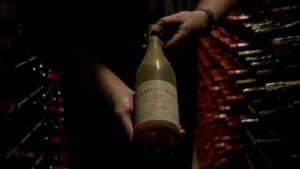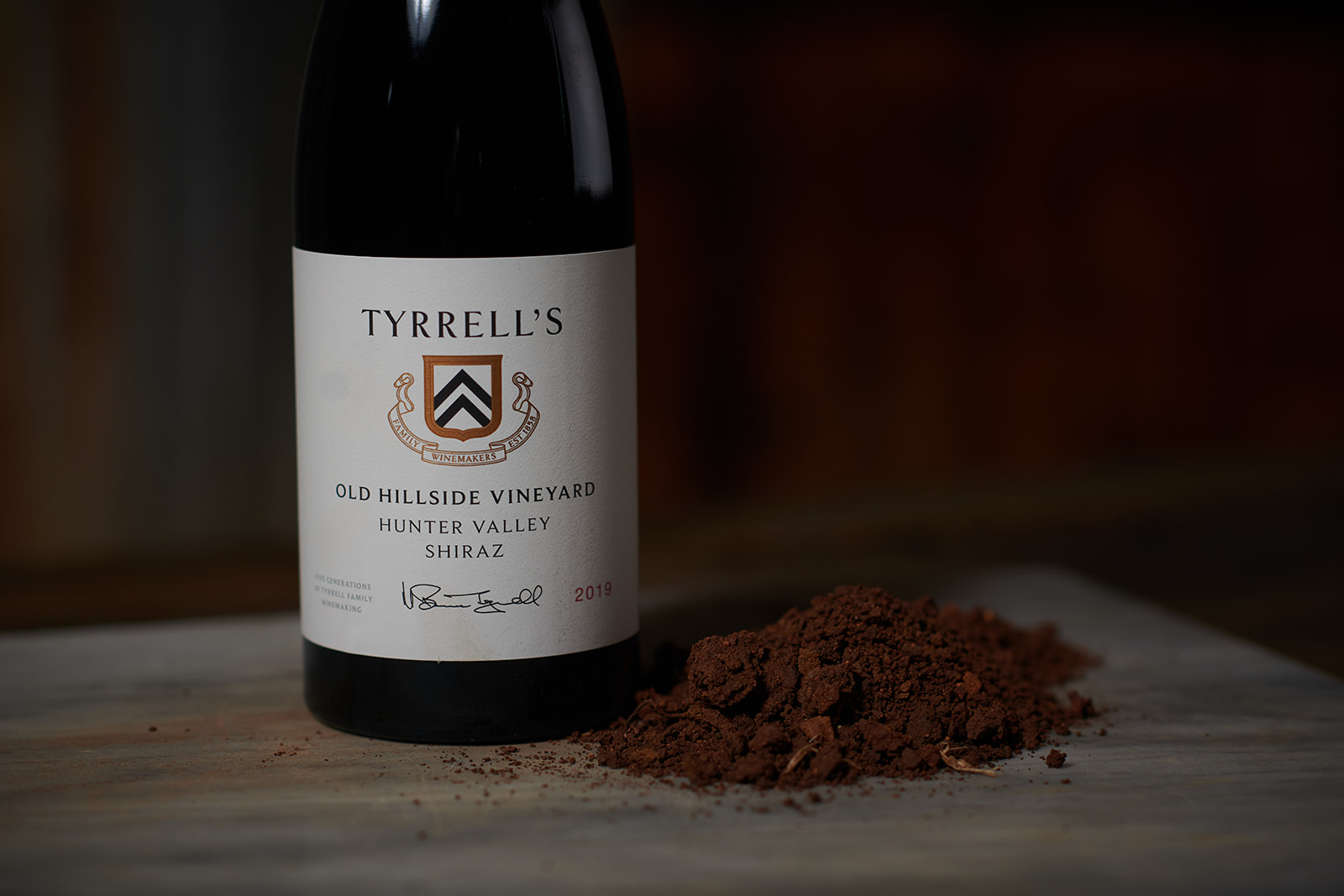What happens as wine ages? How do you know when it will be best to drink?
 Over time flavours, aromas, and colours change. Whether the wine will benefit from these changes will depend on many factors, chief of which is personal taste.
Over time flavours, aromas, and colours change. Whether the wine will benefit from these changes will depend on many factors, chief of which is personal taste.
Not every wine will benefit from ageing. A wine made to be opened immediately, as most wines are, will lose its fruit character if you cellar it too long. Wines made to age can be unpleasant to drink young as to age they require relatively high levels of tannin and acid.
Tannins are found in the skins and seeds and they have an astringent, somewhat bitter taste making your mouth feel dry. Over time, tannins “soften” because they polymerize, or form long chains with each other. The tannin polymer molecules feel and taste less harsh. Tannins also belong to the same family as the colour and flavour compounds (polyphenolic compounds). These also change over time:
- The Ageing Dynamic
- Red wines lose colour – whites wines gain it
- Simple fruit aromas merge into a more complex ‘bouquet’ as secondary (bottle age) characters mingle with the remaining primary (fruit) characters
- At the same time powerful fruity flavours change into and mix with more subtle savoury ones
- Acid and tannin fall away
Both acid and tannins act as preservatives, slowing oxidation and decelerating the flavour-changing reactions. Generally white wines, which are very low in tannins, are less commonly good candidates for ageing. But highly acidic grapes like semillon, chenin blanc and riesling are exceptions. Some Australian semillons and German rieslings can age longer than most red wines. Another exception is White Burgundy (chardonnay). The cooler growing temperatures of Burgundy lend these wines higher acidity than the variety would be able to maintain in a warmer climate.
So how do wine experts decide that one wine will be best in 5 years and another in 25?
By providence! By considering how the previous vintages of that particular style or that particular region have fared over time. Then by assessing how the weather from the vintage in question will have affected the tannins acid and fruit development within the grapes. From this type of information it is possible to make an educated guess about when a wine will be drinking at its best.
Please note, these changes will continue to progress to a point when the wine is no longer in balance or harmony. At this point the wine is past its best. Wines do not get better forever!


